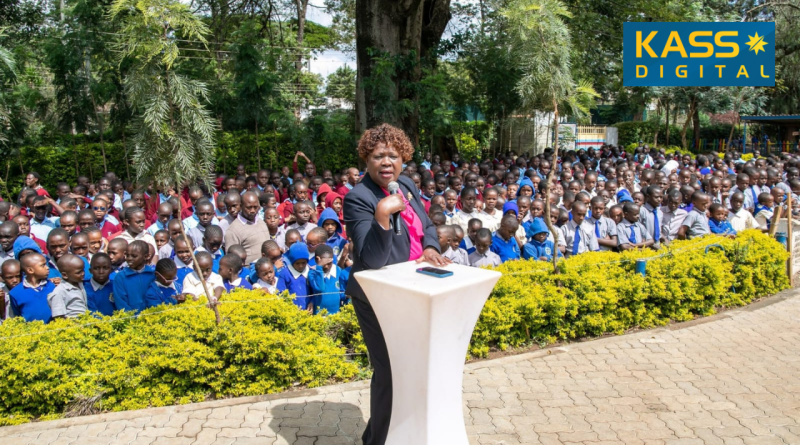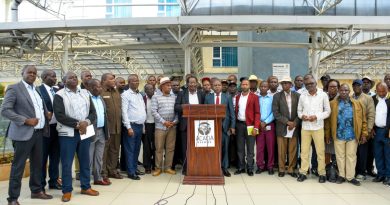Only 5,000 schools in the country hold title deeds, exposing them to land disputes
By Chemtai Kirui || Kass Digital
Fewer than one in five public schools in Kenya have title deeds for the land they occupy, leaving tens of thousands vulnerable to encroachment, disputes and stalled development projects, the Lands Ministry says.
Out of about 31,290 public primary and secondary schools, only 5,226 hold formal land titles, according to ministry data.
The lack of ownership documents has slowed construction and left schools open to land grabbing, as many cannot fence or secure their compounds. Some have reported boundary disputes and halted projects due to unclear land ownership.
Counties in arid and semi-arid areas — including Garissa, Wajir, Turkana, Marsabit, Mandera, Samburu, Isiolo and Tana River — have among the lowest rates of titled school land.
Parliament’s Education Committee has also flagged gaps in land documentation at higher learning institutions. Lawmakers recently questioned why the Kenya School of TVET (KSTVET) had yet to retrieve its title deed, which the Education Ministry took custody of in 2016.
The concern has added pressure on the government’s effort to secure public school land. Earlier this year, Education Cabinet Secretary Julius Ogamba directed regional and county education officers to ensure all public schools obtain title deeds within a year, citing rising cases of land grabbing.
To speed up the process, the government launched a digital mapping initiative under the Shule Yangu Campaign Alliance to track school land ownership nationwide.
The Education and Lands ministries have also been ordered to audit all public school parcels and fast-track issuance of pending documents.
In Taita-Taveta County, 82 schools — 66 primary and 16 secondary — were issued title deeds on October 2 under the national titling programme.
Another 17 deeds remain with the county government pending transfer to individual schools.
County officials said more than 180 institutions were still waiting for documentation due to incomplete records, ongoing adjudication and unresolved planning requirements in township areas.
Progress remains slow. Education officers cite missing records, community land disputes and bureaucratic delays as key barriers. Observers warn that without stronger enforcement and accountability, many schools will remain unprotected despite government pledges.




